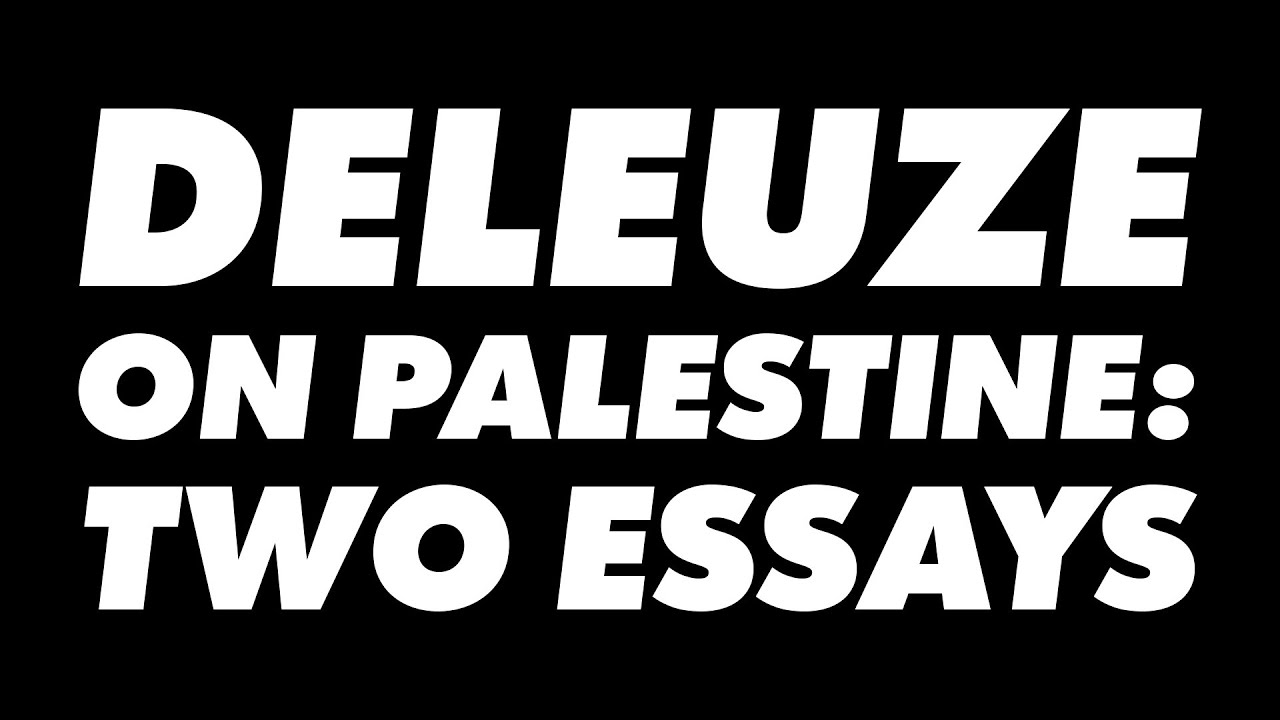

Hezbollah has political allies (including christians) which together amount(ed) to a majority.
And it’s not Hamas which holds elections, but rather the Palestinian authority, presided by the leader of Fatah (opponent of Hamas) who has been impeding elections since 2006 because his party is losing popularity.
Edit: I do not mean to offend anyone but I beg you (anyone reading this) please be more aware about what you write and say, especially if you haven’t looked into the issue in depth.










It is important not to estrange the people, no matter how deluded they are. This is a product of the hegemonic order.